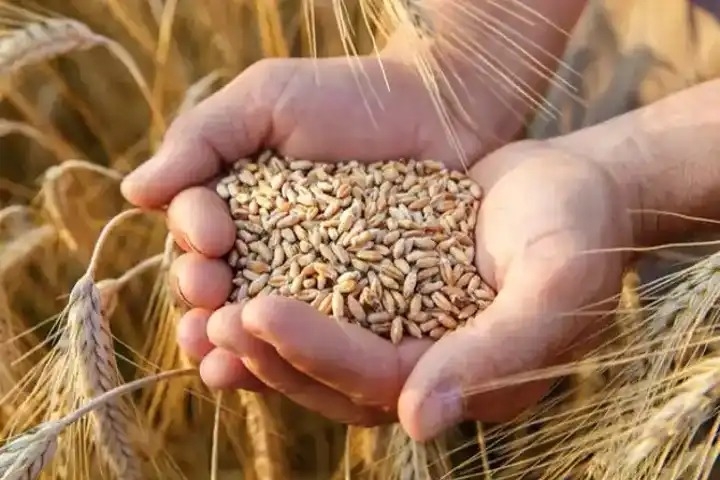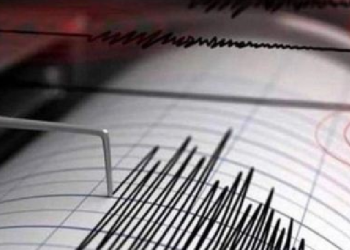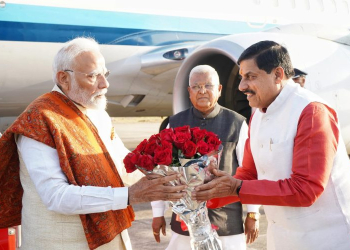New Delhi: Average wolesale prices of wheat have registered a significant rise, of nearly 23 per cent, over the last year, according to government data.
As per the data from the Ministry of Consumer Affairs, the all India average wholesale price of wheat in December 2021 was Rs 2,212 per quintal and increased to Rs 2,721 per quintal during November 2022.
The ministry in a recent parliament reply said that wheat production has declined marginally from 109.59 million tonnes in 2020-21 to 106.84 million tonnes in 2021-22 (4th advance estimates at all India level) and the all India yields of wheat declined in 2021-22 to 3,507 kg/hectare from 3,521 kg/hectare in 2020-21 due to severe heat wave during March and April, 2022 in major wheat growing states like Madhya Pradesh, Bihar, Uttar Pradesh, Haryana, and Rajasthan.
“The procurement of wheat in Rabi market season 2022-23 at 187.92 lakh metric tonnes was lower than that of 2021-22 at 433.44 lakh metric tonnes due to the market price of wheat being higher than the ruling MSP during the period,” it said.
As per the ministry’s data the MSP of wheat has been constant at Rs 2,015 since April 2022. Before that, the MSP was at Rs 1,975 per quintal.
According to the ministry, the government aims to promote the use of heat-resistant varieties amongst the farmers through public and private partnership and providing seed directly to the farmers. To promote the use of these varieties, the Indian Institute of Wheat and Barely Research (IIWBR), Karnal under the ICAR has signed 250 Memorandum of Agreements (MoAs) for DBW 187 and 191 MoAs for DBW 222 with private companies for seed production. The institute has distributed more than 2,500 quintal seeds of DBW 187 and 1,250 quintal seeds of DBW 222 during the crop season, 2021-22.
The government is also implementing various schemes like yield index-based Pradhan Mantri Fasal Bima Yojana (PMFBY) and weather index-based Restructured Weather Based Crop Insurance Scheme (RWBCIS) in the country from Kharif 2016 season in order to provide financial support to farmers at the time of losses due to natural calamities from pre-sowing to post-harvest for food crops (cereals, millets and pulses), oilseeds and commercial horticultural crops notified by the state governments concerned.
“The scheme not only safeguards against wide spread yield loss due to all non-preventable natural risks affecting yield viz. flood, inundation, landslide, drought, dry spells, hailstorm, cyclone, pests/diseases, natural fire and lightening, storm, typhoon, tempest, hurricane, tornado etc but also against farm level yield loss due to localized risks (hailstorm, landslide, inundation, cloud burst and natural fire) and postharvest losses due to cyclone, cyclonic/unseasonal rain and hailstorm etc,” said the Ministry in the reply in the Parliament.
The National Food Security Mission (NFSM) was launched in 2007-08 to increase the production of crops including wheat through area expansion and productivity enhancement, restoring soil fertility & productivity, and enhancing farm level economy. NFSM-Wheat is being implemented in 124 districts of 10 states & two UTs viz. Jammu & Kashmir and Ladakh. The interventions covered under NFSM-Wheat includes cluster demonstrations on improved package of practices, demonstrations on cropping system, Seed distribution of HYVs/hybrids, improved farm machineries/resource conservation machineries/tools, efficient water application tools, plant protection measures, nutrient management/soil ameliorants, processing & post-harvest equipments, cropping system-based trainings to the farmers etc, the ministry said.
(IANS)



















